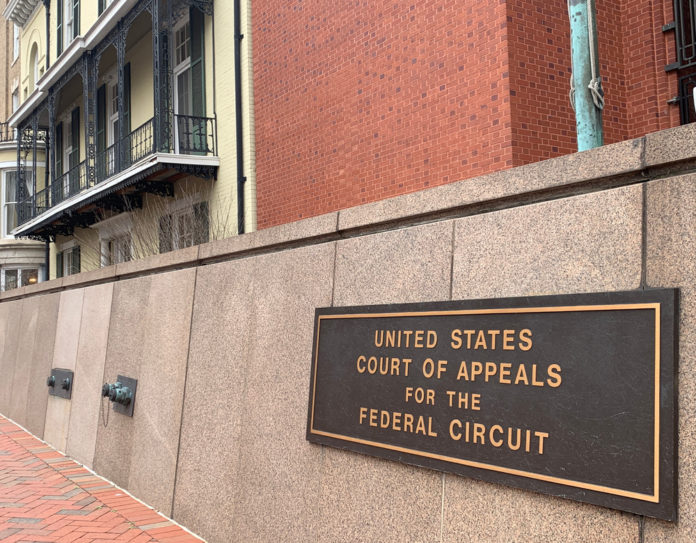The COFC dismissed a contractor’s claim as time-barred. While the contractor had submitted an REA before the statute of limitations ran, the COFC reasoned that the REA didn’t request a final decision, so it was not a timely claim. The Federal Circuit, however, found the REA was a timely claim. While the REA did not expressly request a final decision, it was clear from the content and context surrounding the REA that the contractor had implicitly requested a final decision.
Zafer Construction Company v. United States, Fed. Cir. 2021-1547
Background
Zafer Construction had a government contract to build a water system on Bagram Air Base in Afghanistan. When Zafer completed the contract, it submitted a request for equitable adjustment, seeking $6.7 million for various delays. The REA was certified as a claim, but did not explicitly request a final decision. Rather, Zafer stated in the REA that it wanted to negotiate with the government.
Zafer and the government negotiated for several years but did not fully resolve Zafer’s claims. Zafer asked to convert its REA into a claim. The contracting officer determined the claim was time-barred because more than six years had passed between the government’s delays and the conversion of the REA into a claim.
Zafer filed suit with the Court of Federal Claims. The COFC dismissed the suit for failure to state a claim. The court reasoned that Zafer’s claim accrued in 2011, so it had to submit the claim by 2017. While Zafer had submitted an REA before 2017, that REA lacked a request for a final decision. Thus, the REA was not a claim, and any claim that Zafer had was now time-barred.
Zafer appealed to the Federal Circuit, arguing that its REA had in fact been a timely claim.
Analysis
To submit a valid claim, a contractor must request a final decision from the contracting officer. In this case, Zafer’s REA did not explicitly request a final decision. Nevertheless, the court reasoned, this is not a “hyper-technical” requirement. Magic words are not a requirement so long as the document includes a clear and unequivocal statement that gives the contracting officer notice of the basis and amount of the claim.
Here, the content and context surrounding Zafers’ REA put the contracting officer on notice that Zafer was requesting a final decision. The REA meticulously set forth the delays caused by the government. Zafer certified the REA as it was a claim. It repeatedly referred to its request as a claim.
To be sure, the court reasoned, Zafer had stated in the REA that it was submitting the REA to facilitate negotiaions, but this did not mean it had failed to submit a claim. There is no inconsistency between a claim and an expressed desire to negotiate toward the claim’s resolution.
Zafer is represented by Abraham Gdanski and Sam Gdanski of Gdanski Law PC. The government is represented by Robert R. Kiepura, Brian M. Boynton, Steven John Gillingham, and Martin F. Hockey, Jr. of the Department of Justice.




